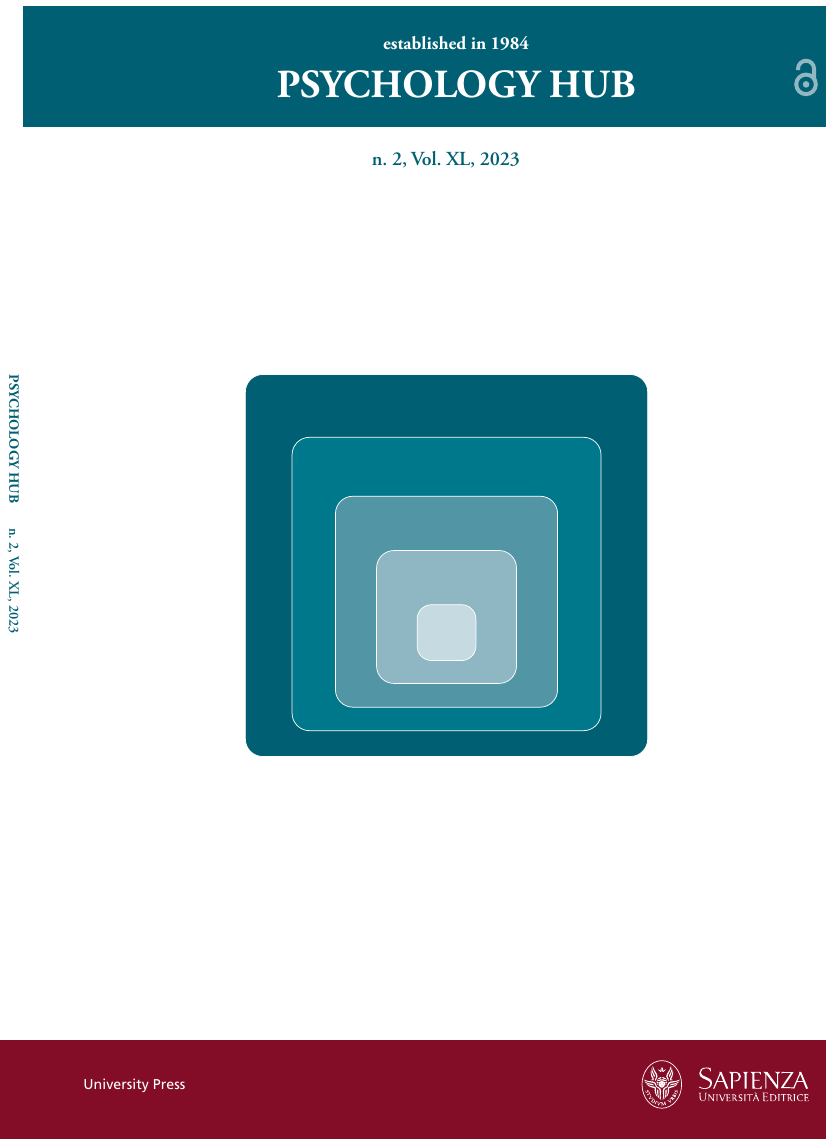Identity and Symbolic Universes in Voting Behavior. A study of the Italian society
DOI:
https://doi.org/10.13133/2724-2943/17900Abstract
This study analyses the role played by identity motives and cultural worldviews in voting behavior. For this purpose, a representative national sample of Italian (N=3020) respondents completed a questionnaire battery, measuring political values, identity values, attitude towards immigrants and perceived identity threat, as well as cultural worldviews (symbolic universes). These variables were used in a model with the vote intention of respondents as an outcome variable, political values, identity motives and socio-demographics as direct predictors and symbolic universes as indirect predictors. Consistently with hypotheses, analyses revealed that the impact of identity motives is higher than that produced by socio-economic motives or political values. Symbolic universes indirectly influence identity motives and, therefore, voting behavior. Moreover, a multigroup analysis revealed that the influence of symbolic universes on voting behavior is higher in individuals exposed to higher uncertainty. Results are interpreted in the framework of Semiotic Cultural Psychology Theory, giving importance to high contextual uncertainty, characterising contemporary societies.
Additional Files
Published
How to Cite
Issue
Section
License
Copyright (c) 2023 Psychology Hub

This work is licensed under a Creative Commons Attribution-NonCommercial-ShareAlike 4.0 International License.





